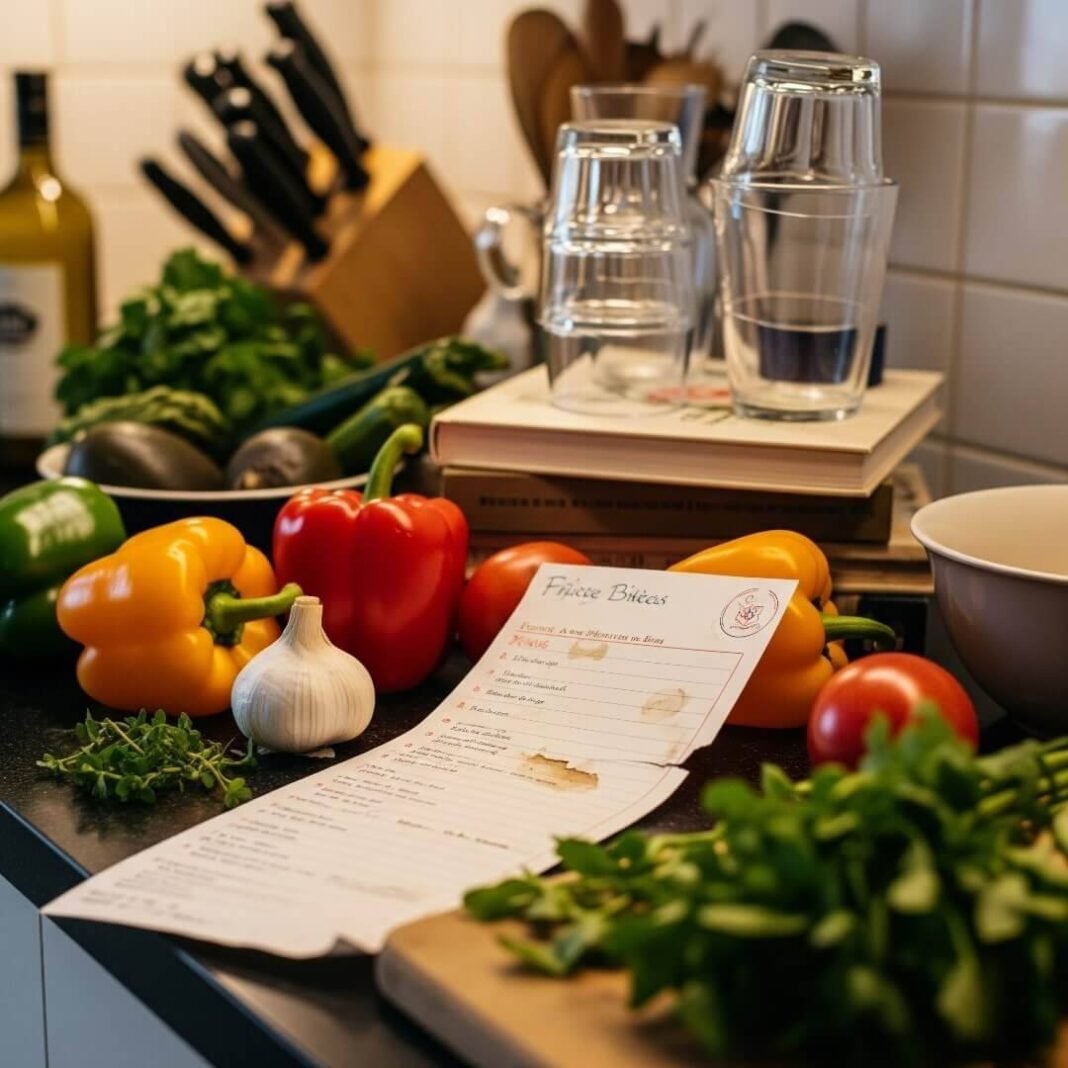Nutrition for seniors never crossed my mind until I was knee-deep in my grandma’s pantry, staring at soup cans older than my Netflix account. I’m in my cramped Dayton, Ohio apartment, coffee gone cold, crumbs on my keyboard from a bagel I swore I’d finish. It’s July 16, 2025, and I’m still reeling from last weekend at Grandma Ruth’s, where I got schooled on why food matters so much when you’re older. I’ve written a bunch of blog posts—maybe a couple hundred, some decent, some straight-up flops—but this one’s real. It’s messy, it’s me, and I’m just trying to make sense of it all.
How I Tripped Into Caring About Senior Nutrition
Okay, so I’m at Grandma Ruth’s place in Columbus, trying to “organize” her kitchen. She’s 78, still got her wit, but she’s been super low-energy lately. I’m digging through her pantry, finding stuff that’s basically expired since Y2K, and she’s like, “Oh, I just eat what’s easy, hon.” Easy? That’s code for instant noodles and those microwave dinners that taste like cardboard and sadness. I’m no health nut—my diet’s like 40% pizza—but even I knew this wasn’t okay. Nutrition for seniors, I figured out, is about keeping them strong and, like, here with us.
I went full nerd and started Googling. Found this National Institute on Aging page that says older folks need specific nutrients to fight stuff like muscle loss and creaky bones. Grandma’s tired because her diet’s all carbs and salt—duh, I should’ve noticed sooner. Felt like a total goof.
Why Nutrition for Seniors Is Straight-Up Critical
Aging’s wild, right? One day you’re hauling groceries, the next you’re winded from putting on socks. Seniors need fewer calories but more nutrients—talk about a raw deal. Grandma doesn’t need a giant burger, but she needs protein to keep her muscles from bailing. The Mayo Clinic says about 0.8 grams of protein per kilo of body weight daily. For her, that’s like 50 grams—some chicken, beans, maybe yogurt. Sounds simple, but when she’s all about toast and jam? Yikes.
Then there’s the whole gut thing. Digestion gets cranky with age. My stomach’s already a mess at 33—too many late-night tacos—so I can only imagine. Seniors need fiber to keep things moving, but Grandma wasn’t eating enough veggies or fruit. I tried sneaking kale into her smoothie once. She gave me this look like I’d suggested we join a cult. “Kale’s for goats,” she said. Okay, we settled on blueberries.

Food’s Not Just Food—It’s Feelings
Here’s where it gets heavy. Food’s not just about eating; it’s memories, it’s love, it’s Grandma’s peanut butter cookies that got me through middle school drama. She used to bake like a champ, but now her hands shake, and she says it’s “too much work.” That hit me hard. Nutrition for seniors isn’t just about vitamins; it’s about keeping them connected to what makes them them. How do you swap cookies for broccoli without losing the magic?
I messed up big time at first. Showed up with quinoa and some weird chia seed goop I saw on TikTok. Grandma looked at it and goes, “This for rabbits?” I snorted my coffee. Lesson learned: senior nutrition hacks gotta feel like home, not a hipster cafe. So we started small—whole grain bread instead of white, berries in her oatmeal. Little wins, you know?
My Kinda Okay Senior Nutrition Hacks
I’m no chef—last week I burned soup, don’t ask—but here’s what’s worked for us:
- Work with their faves: Grandma’s obsessed with mashed potatoes. We sneak in Greek yogurt for protein. She hasn’t caught on.
- Make it pop: Veggies like carrots or sweet potatoes add color and nutrients. Looks less boring.
- Keep it easy: No fancy stuff. A smoothie with fruit and protein powder? Done.
- Water’s a thing: Grandma wasn’t drinking enough—turns out, you don’t feel thirsty as much when you’re older. Got her a cute water bottle, and now she’s sipping like a pro.
- Flavor it up: Some garlic or herbs makes healthy food less blah. She’s all about rosemary now.

The Annoying Parts of Senior Nutrition
It’s not all smoothies and vibes. Seniors hit roadblocks. Grandma lives alone and doesn’t wanna cook just for herself. Some have dental issues—good luck with steak when your teeth aren’t cooperating. Then there’s cash. Avocados are like $3 each now? Grandma looked at one like it stole her wallet. Plus, meds can screw with appetite or nutrient stuff. It’s a lot.
I screwed up by buying her “healthy” frozen meals without checking the sodium. Yeah, they were salt city. Now I read labels like I’m decoding a spy novel. The USDA’s MyPlate for Older Adults suggests cheap stuff like canned beans or eggs, which has been a lifesaver.
Eating’s About Connection, Too
Here’s something I didn’t expect: food’s social. Grandma eats better when I’m around. We cook, we laugh, we spill stuff. Last weekend, we made this veggie soup, and she was glowing when she tasted it. Alone, though? It’s toast town. I started texting her recipe ideas—like our own little food club. Nutrition for seniors isn’t just the plate; it’s who’s there with you.

Outbound Link :





























